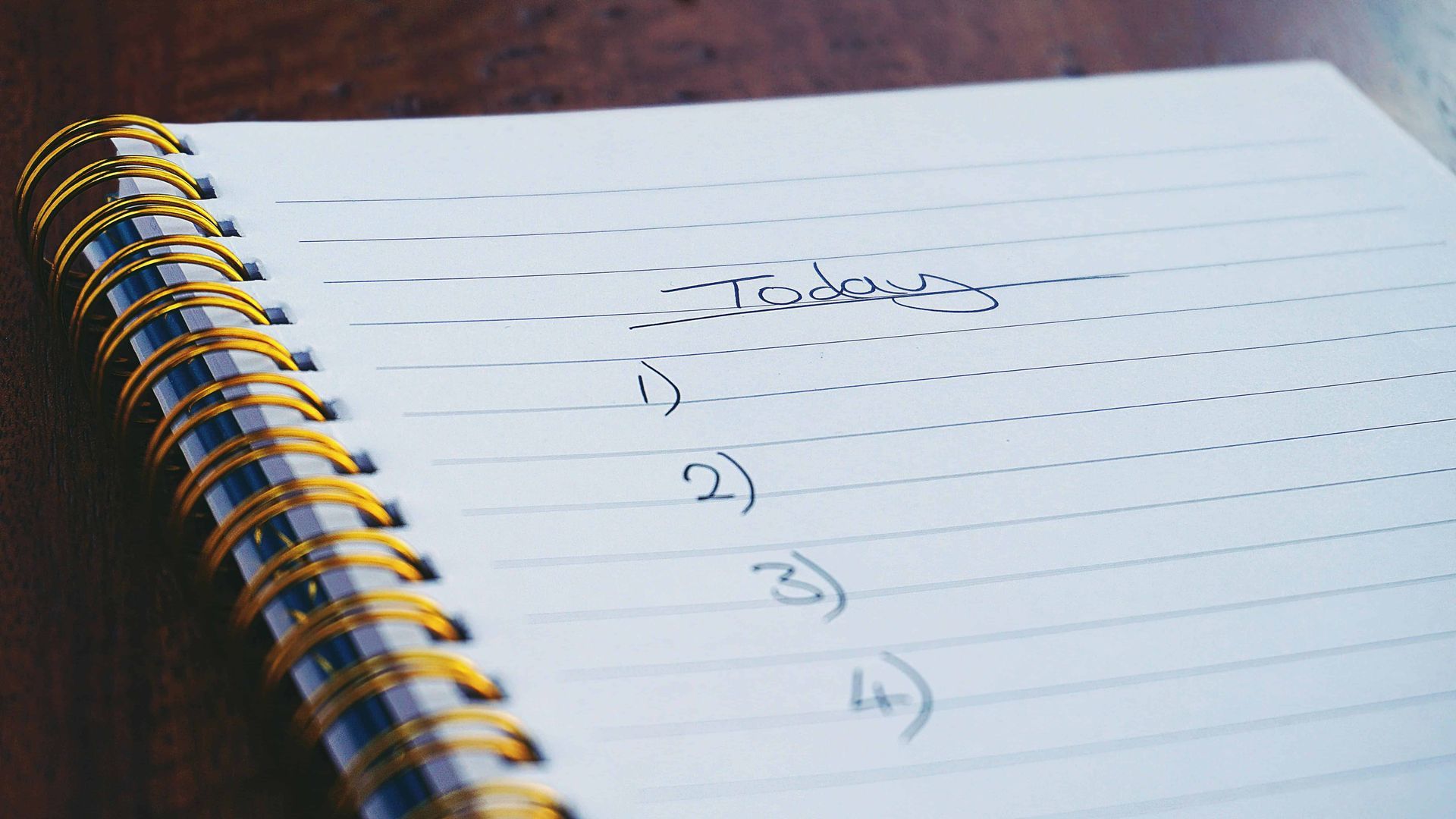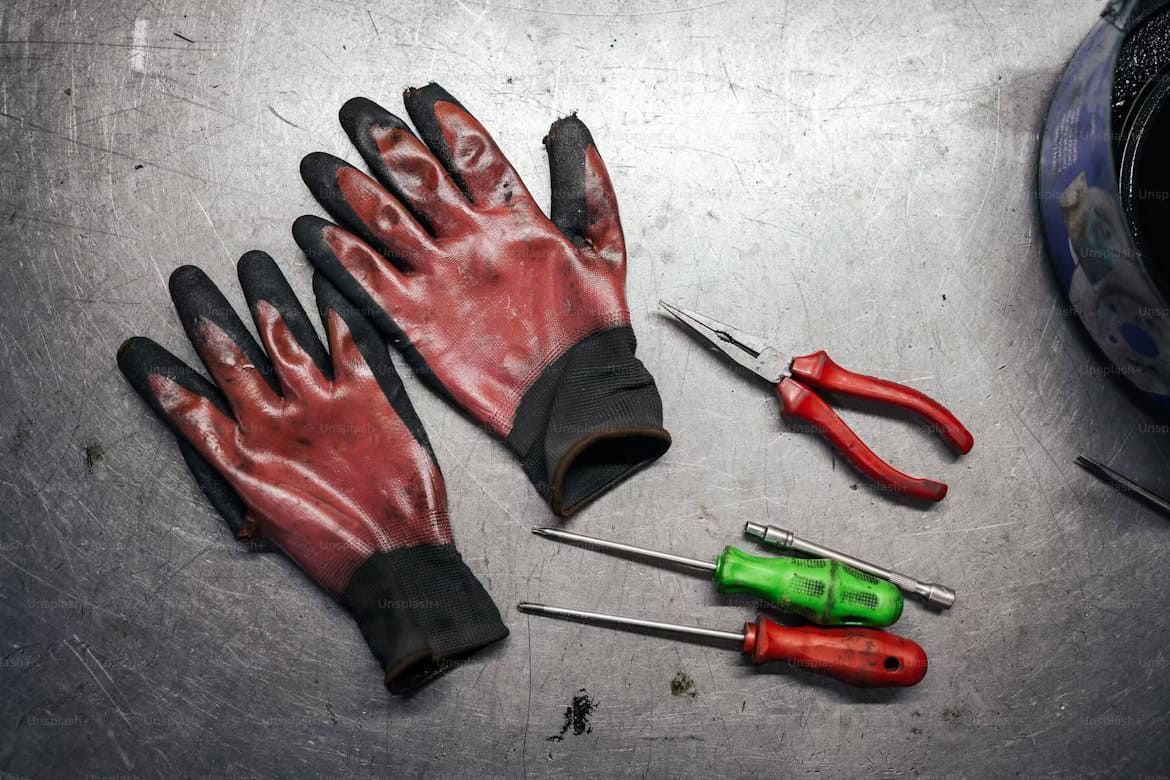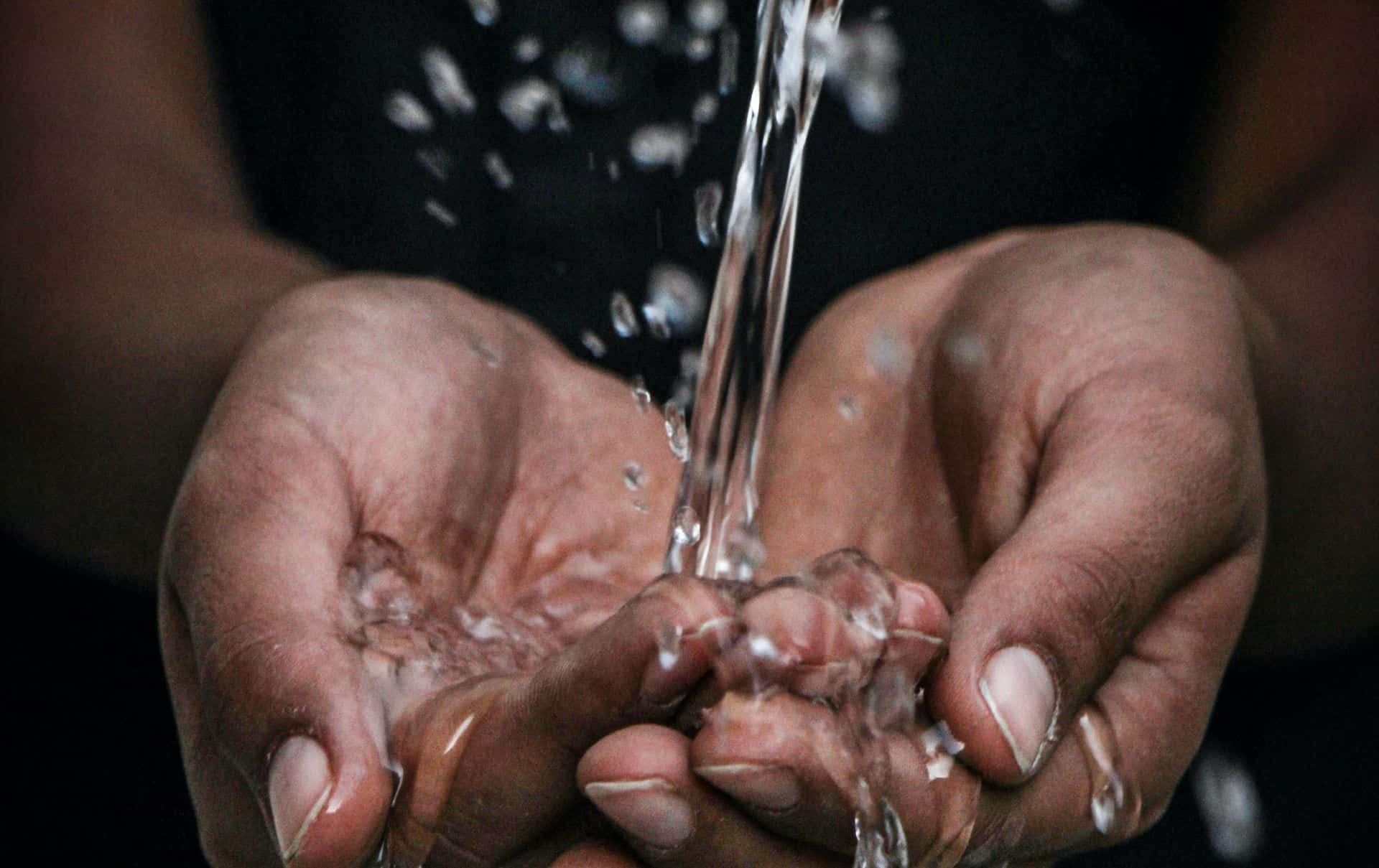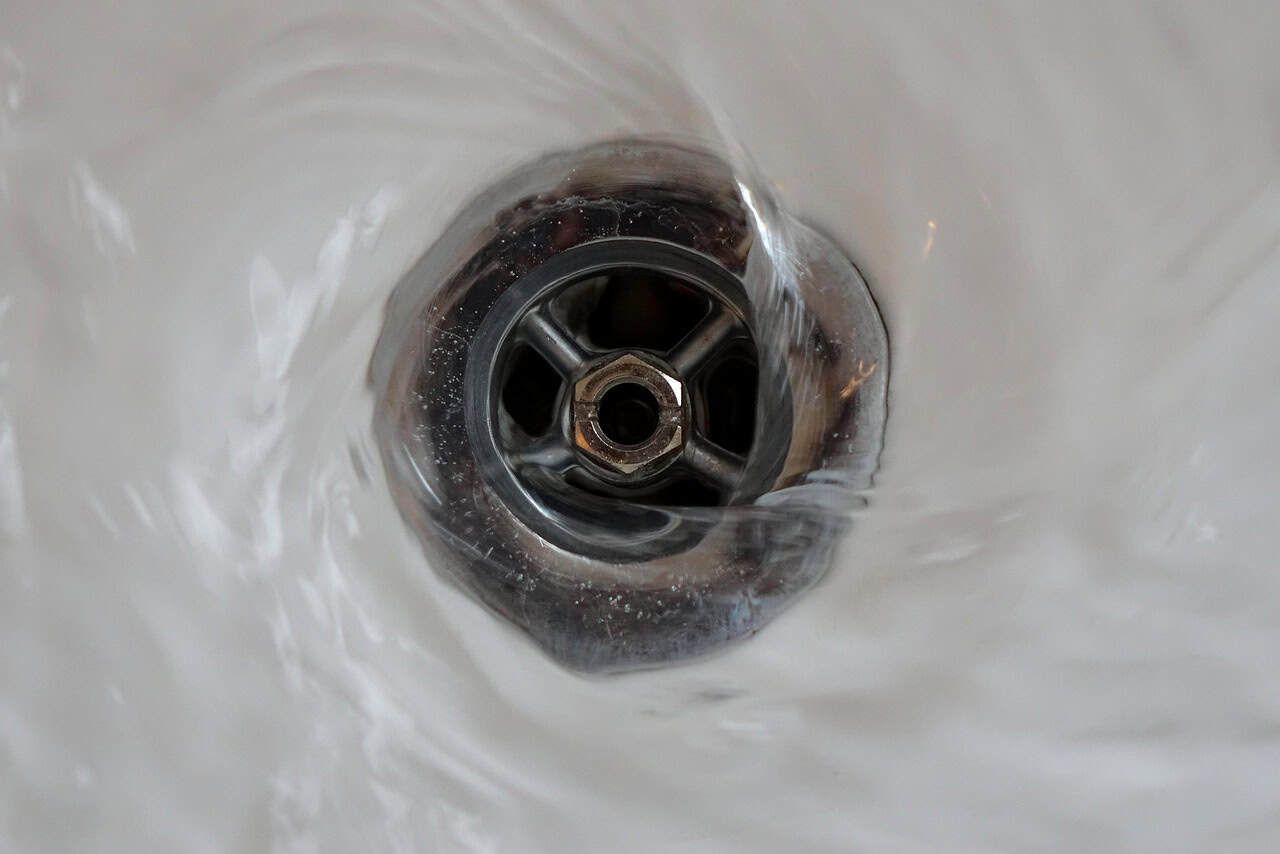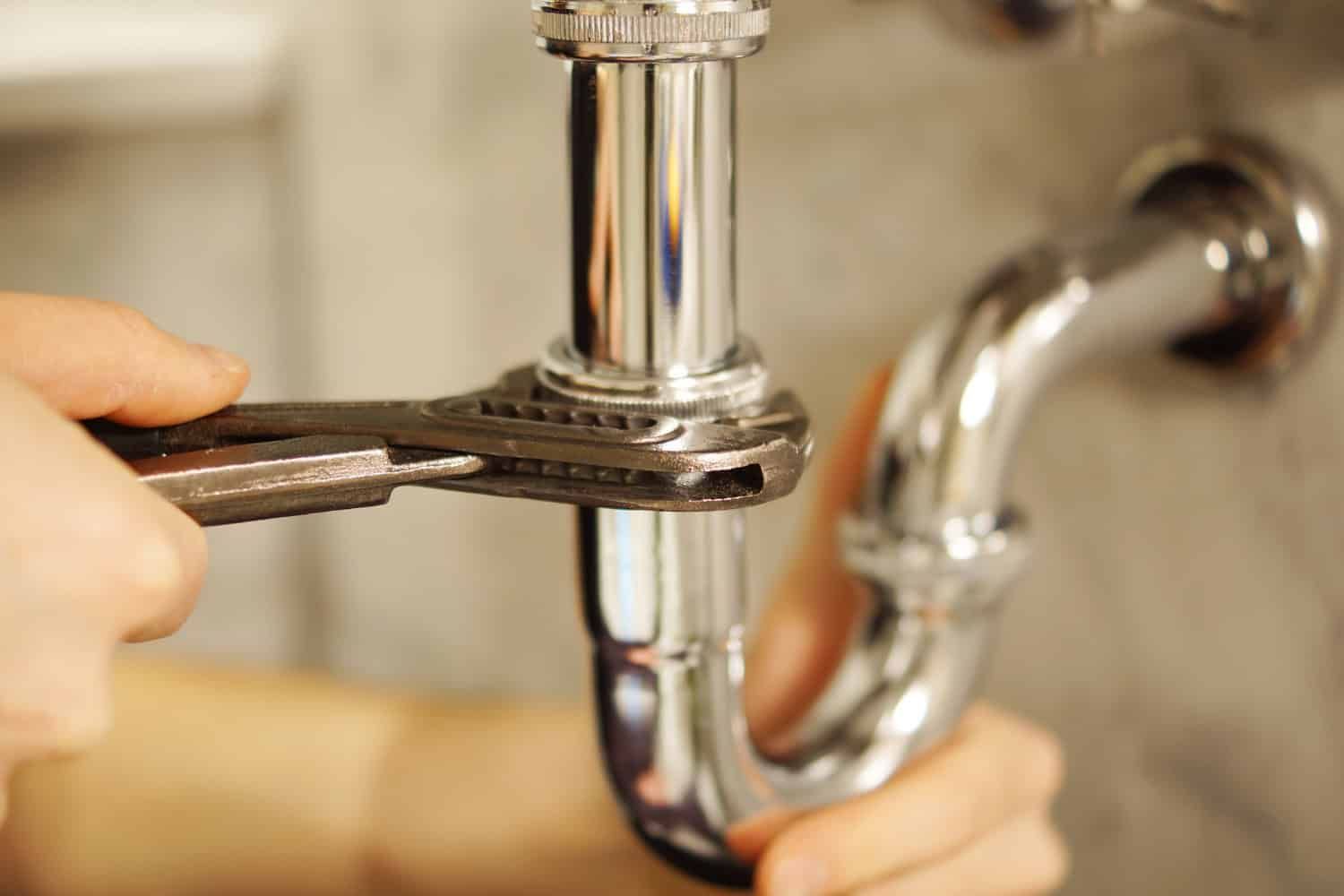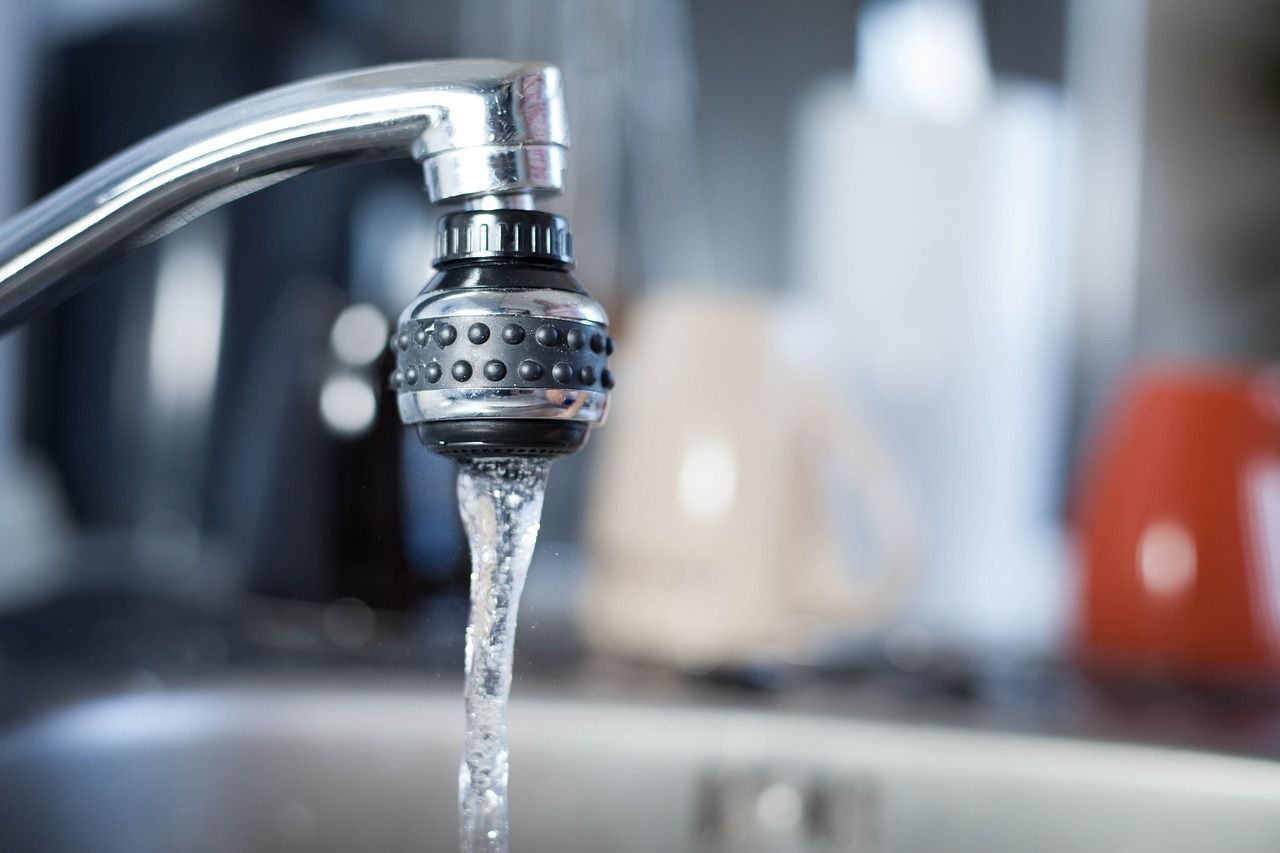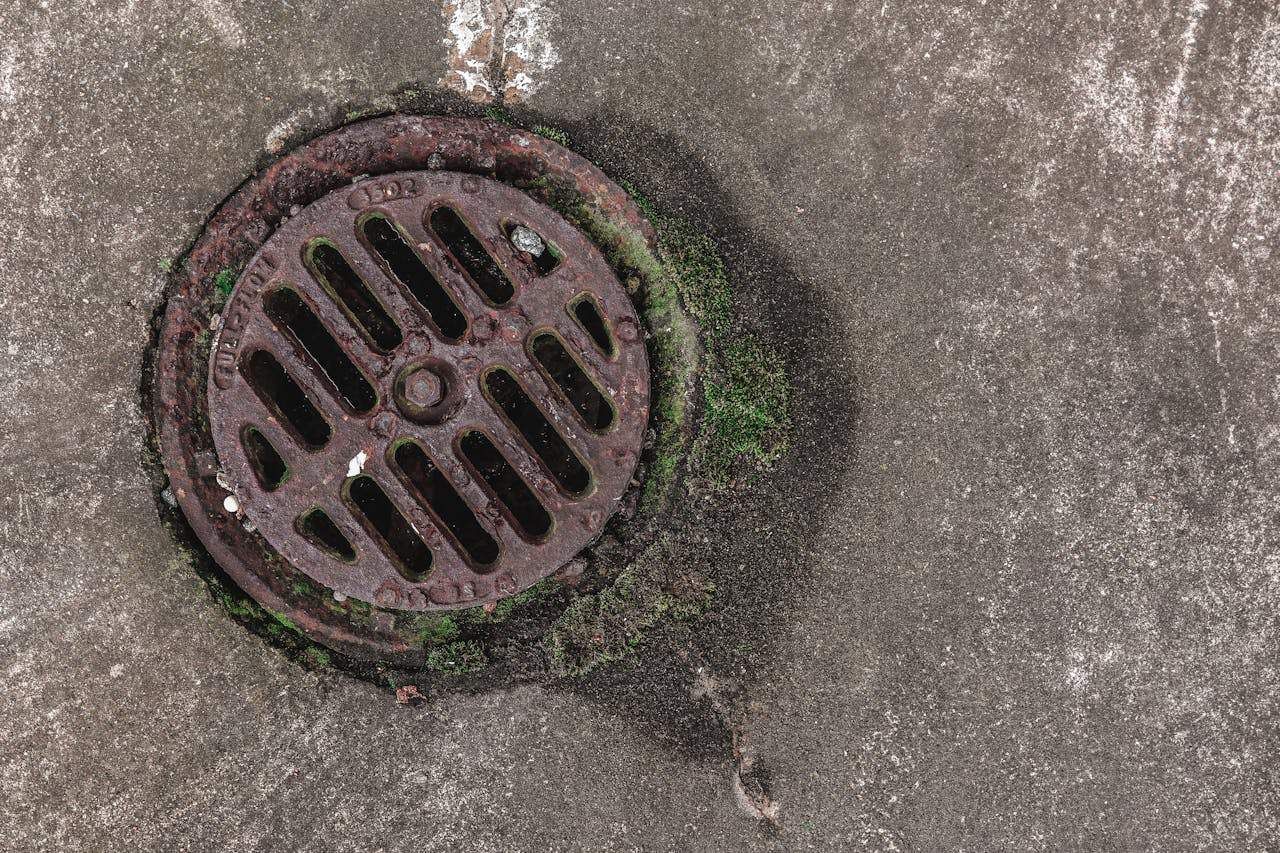How to Dissolve Fat, Oil, and Grease in Clogged Drains
Although clogged drains are common in the kitchen, they can be a real hassle when fat, oil, and grease start building up. It also becomes more frustrating when these substances start solidifying and sticking to the walls of your pipes. Everything seems fine until the water drains slowly or, worse, totally won’t go down the sink.
The good news is that you can do a few simple tricks to get your clogged kitchen sink drain back to normal. Below are some ways you can try at home to dissolve these stubborn blockages.
Tips for dissolving fat, oil and grease that cause clogged drains
Many homemade solutions can help you out when trying to dissolve fat, oil and grease to unclog your kitchen’s drain. We separated a few of them below. If they don’t work out, don’t hesitate to call a specialist. Jet Blaster Man is your trustworthy plumber for Newcastle and Lake Macquarie. Call the experts whenever you need plumbing assistance, and they will promptly attend to your request.
Back to the business, here are some easy solutions for dissolving fat, oil, and grease in kitchen drains.
Melt Blockages with Boiling Water
One of the easiest and most effective ways to deal with clogged drains is to boil water. The high temperature of the water helps melt and loosen any hardened fat, oil, or grease that may be clogging your pipes.
How to Do it:
Slowly pour boiling water directly down the drain in stages. This will allow it to work its way to the clog.
Repeat this step if needed. However, you should be careful with older pipes as they may not handle boiling water well.
It is important to note that this method works best for minor blockages. If the clog is more severe, you may have to combine this with other approaches.
Use Vinegar and Hot Water for Clogs
Vinegar is a versatile household item that can also be useful in breaking down clogs. When it is combined with hot water, vinegar can help dissolve the build-up of fat, oil, or grease.
How to Do it:
- Firstly, boil water and pour carefully down the clogged drain.
- Fill a container with half vinegar and half hot water. Next, pour this mixture down the drain and let it sit for 10 to 15 minutes.
- Flush the drain with more boiling water.
Vinegar is acid and helps loosen and dissolve the blockages, making it easier for the clog to flush out of your pipes.
Dish Soap to Break Down Blockages
Dishwashing liquids contain surfactants, which help break down grease. These substances separate grease molecules and allow them to be washed away with water. Because of this, using dish soap and hot water together can help clear blockages in pipes.
How to Do it:
- Pour a generous amount of dishwashing liquid down the drain.
- Follow this with boiling water to help the soap work through the clog.
- Leave it for 10 to 15 minutes before flushing it with more hot water.
Using dish soap is convenient because you already have it in your kitchen. Plus, it is gentle enough to be used regularly.
Baking Soda and Hot Water Mix
Baking soda is another common, versatile household item that can be used to unclog kitchen drains. When combined with hot water, baking soda can also dissolve blockages without being harsh on drains.
How to Do it:
- Pour half a cup of baking soda down the drain. Follow it with boiling water.
- Let this sit to allow the baking soda to do its work.
- After 15 minutes, flush your drain with more hot water.
Aside from being gentle for your pipes, baking soda is also environmentally friendly. It helps neutralise odours and leaves your kitchen smelling fresh.
Try Enzyme Cleaners for Tough Clogs
If the methods mentioned above are still insufficient, you might want to try an enzyme-based cleaner. These cleaners use natural enzymes to help dissolve oil and fat and grease your pipes.
How to Do it:
- Follow the instructions on the enzyme cleaner’s packaging. Pour the cleaner down the drain and let it sit overnight.
- Flush your drain with hot water the following day.
Another benefit of enzyme cleaners is that they work overtime, keeping pipes free of organic waste buildup. This is particularly helpful for homes that regularly deal with grease and food particles.
Use a Degreaser for Stubborn Drains
Sometimes, blockages can be too stubborn for the standard methods. In these cases, a commercial degreaser may be needed.
How to Do it:
- Carefully follow the instructions on the product.
- Usually, you need to pour it down the drain and let it sit for some time. After that, flush it with hot water.
Just be careful with chemical degreasers because they can be harsh on your pipes if used too often.
When to Call a Plumber to unclog your kitchen’s sink
If you’ve tried all these methods and your kitchen’s drain is still clogged, it may be time to call a professional plumber. Some blockages are too stubborn for DIY methods, especially if they’re already deep in your plumbing system.
Jet Blaster Man offers a
plumbing service for clogged drains and other
plumbing issues in the Newcastle and Lake Macquarie regions. Whether it is a small blockage or something more serious, we're here to help. Contact us now to get your drain flowing smoothly again.

